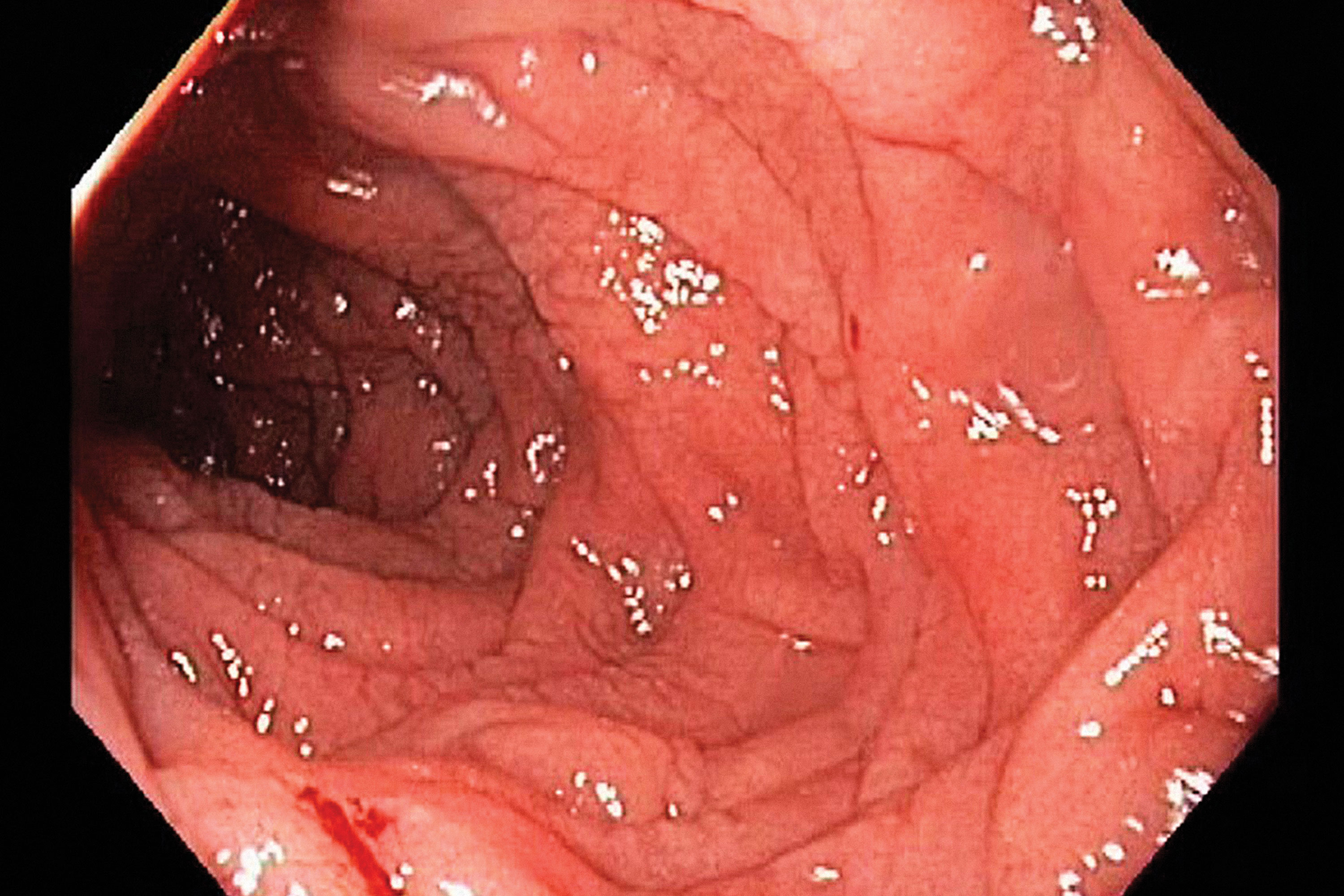
Source: Science Photo Library
The guideline
This NICE clinical guideline on coeliac disease updates the May 2009 guidance and features adjustments in the recommendations for serological testing.
Key points for GPs
• GPs should offer serological testing to patients with signs and symptoms, which now include severe or persistent mouth ulcers, and to first-degree relatives of people with coeliac disease.
• Only adults with IBS should be offered serological testing, not children.
• GPs should offer an annual review to patients with coeliac disease, during which symptoms should be re-assessed and the need for specialist dietary advice should be considered. GPs should ensure patients are adhering to a gluten-free diet.
• Consider revising the original diagnosis, a referral to a dietitian, or investigation for co-existing disorders or complications – such as IBS, lactose intolerance or bacterial overgrowth – if patients continue to have symptoms despite adhering to a gluten-free diet.
Practical issues
The guideline acknowledges the patchy dietary support in the UK for patients attempting to adhere to a gluten-free regimen.
Expert comment
Dr Jamie Dalrymple, GPSI in gastroenterology in Norwich, chair of the Primary Care Society for Gastroenterology and member of Coeliac UK’s health advisory council, said: ‘This guideline updates the advice on the recognition of coeliac disease and includes guidance on assessment and management.
‘As coeliac disease is increasingly the preserve of the GP, the guideline is important for primary care. It offers advice on screening and the most appropriate serological tests – the presence of coeliac serology is around one in 100, but only a quarter of these people have a diagnosis of coeliac disease.
‘Advice on annual follow-up is offered and the importance of a gluten-free diet emphasised, although support for these patients across the UK is limited.’
The guideline
NICE. NG20: Coeliac disease – recognition, assessment and management. London: NICE; 2015.

















